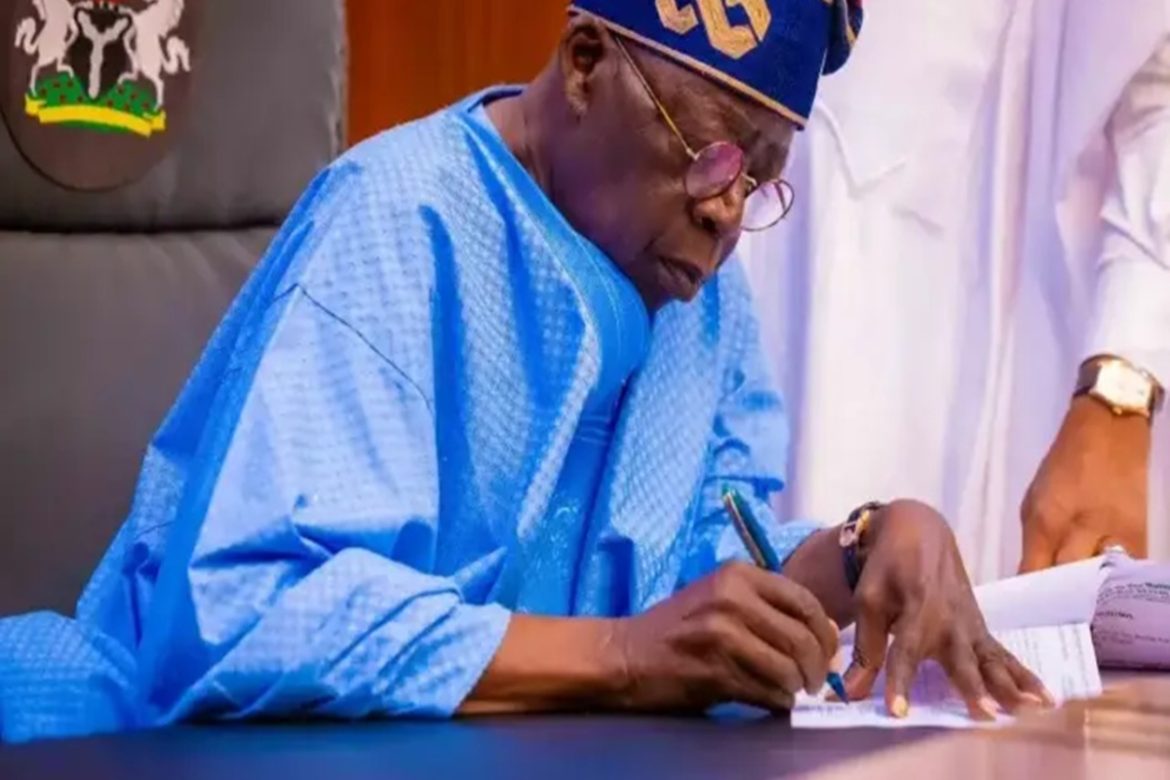Just days after over 200 civilians were massacred in coordinated attacks across communities in Benue State, public criticism is mounting as President Bola Ahmed Tinubu’s administration moves forward with plans for a multi-billion naira new national headquarters for the Independent National Electoral Commission (INEC).
The proposed project, which was unveiled at a Federal Executive Council meeting earlier this week, is intended to modernize INEC’s infrastructure ahead of the 2027 general elections. But in the wake of devastating violence in parts of the country, many Nigerians are asking: Is the government prioritizing buildings over lives?
The announcement sparked a wave of backlash from civil society groups, opposition parties, and concerned citizens, who see the timing as deeply insensitive given the scale of the tragedy in Benue, where entire villages have been wiped out, and thousands displaced.
“The blood of our people is still fresh in the soil, yet the government is talking about concrete and offices,” said a community leader in Makurdi. “We need action, not construction.”
On social media, the hashtags #BenueMassacre and #Priorities have been trending, with many users accusing the federal government of being out of touch with the urgent realities of insecurity and national mourning.
Defending the decision, a spokesperson from the Presidency stated that the INEC building project has long been in the pipeline, and is “critical for strengthening democratic institutions and electoral transparency.” He added that the President remains committed to tackling insecurity and is expected to visit Benue State for a one-day condolence trip on Wednesday, June 18.
“We are working on all fronts security, democracy, infrastructure,” the spokesperson said. “These are not mutually exclusive.”
Still, many analysts and watchdog groups are questioning whether the government’s allocation of resources reflects a proper understanding of Nigeria’s most immediate needs.
“This isn’t about whether the INEC building is important,” said political analyst Amaka Ugwu. “The question is should that be our focus while families are burying their loved ones and communities are under siege?”
Human rights advocates are also calling for emergency security summits, better coordination between federal and state forces, and greater empathy from national leaders in addressing what they describe as a “national emergency.”
With tensions rising and faith in government institutions wavering, this moment may prove pivotal for the Tinubu administration. As one Nigerian citizen tweeted:
“You can’t build a democracy on broken bodies and mass graves.”
Whether the President’s upcoming visit to Benue can restore confidence or further deepen discontent remains to be seen.


